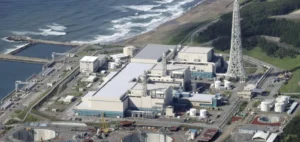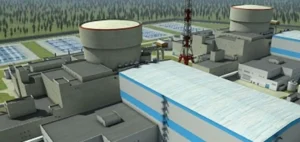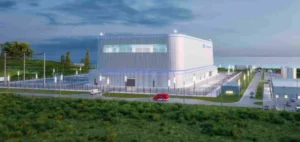The American company TerraPower has completed a $650 million funding round, involving new investors including NVentures, the venture capital arm of technology company NVIDIA, TerraPower confirmed in a statement.
Natrium reactors expansion
Among the investors participating in this funding round are also Bill Gates, historical founder of TerraPower, and South Korean conglomerate HD Hyundai. TerraPower intends to use the raised funds to accelerate the deployment of its Natrium modular reactors, both within the United States and internationally. The company has already begun preliminary non-nuclear construction activities for the first Natrium reactor in Kemmerer, Wyoming, and anticipates regulatory approval by next year. TerraPower stated that the company would remain privately held and disclosed no additional financial details regarding this funding round.
Strategic industrial partnerships
Last March, TerraPower entered into a strategic partnership with HD Hyundai Heavy Industries, a subsidiary of the HD Hyundai group, to expand the global supply chain required for manufacturing Natrium reactors. This collaboration notably includes constructing the cylindrical reactor vessel for the first Natrium model by HD Hyundai Heavy Industries, selected through a competitive bidding process in 2024. The Natrium modular reactor comprises a 345-megawatt electric (MWe) sodium-cooled fast reactor, using High-Assay Low-Enriched Uranium (HALEU) fuel.
Natrium system features
The Natrium system includes an energy storage system based on molten salts, capable of temporarily increasing power output to 500 MWe for more than five hours when necessary. The US Nuclear Regulatory Commission (NRC) issued this week a draft environmental impact statement related to the Kemmerer site, open to public comment until August 4. This step is part of the necessary process for obtaining final authorisation for this first Natrium reactor.
TerraPower President and CEO Chris Levesque stated in the press release: “TerraPower was founded on the idea that innovation in nuclear science could make positive global impacts.”






















